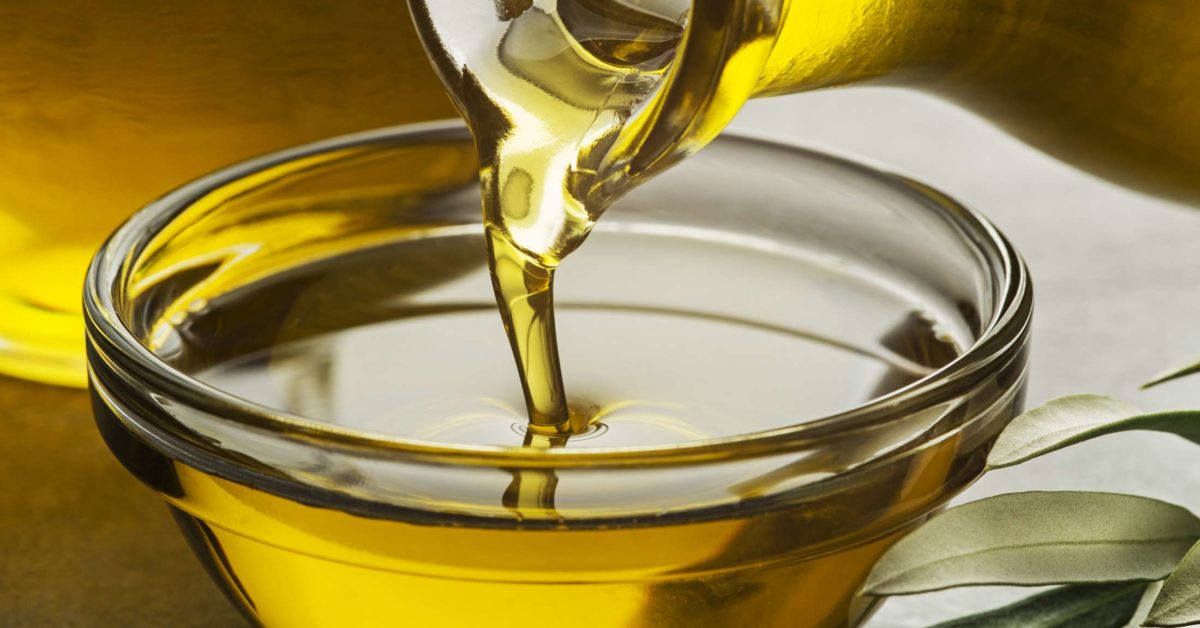Introduction:
TOP 10 Healthy Cooking Oils, In this comprehensive guide, we will delve into the unique characteristics, culinary uses, and potential health benefits of various oils. We’ll explore sesame oil, flaxseed oil, walnut oil, peanut oil, sunflower oil, avocado oil, canola oil, vegetable oil, coconut oil, and
olive oil. These oils are widely used in cooking and offer distinctive flavors, nutritional profiles, and applications. Read on to discover more about these versatile oils and their potential contributions to a healthy diet.
Sesame Oil:
Sesame oil is a popular oil in Asian cuisine, known for its rich, nutty flavor. It has a high smoke point, making it suitable for stir-frying and deep-frying. Sesame oil is commonly used as a condiment and flavoring agent and for its potential health benefits due to its antioxidant and anti-inflammatory properties.

Flaxseed Oil:
TOP 10 Healthy Cooking Oils, Flaxseed oil, also known as linseed oil, is derived from flaxseeds and offers a nutty taste. It is rich in omega-3 fatty acids, making it beneficial for heart health. Flaxseed oil is often used as a dietary supplement or for dressing salads and other cold dishes. However, it has a low smoke point, so it is unsuitable for high-temperature cooking.
Walnut Oil:
Walnut oil, extracted from walnuts, possesses a delicate, nutty flavor. It is commonly used in salad dressings, marinades, and baked goods. Walnut oil is a good source of heart-healthy omega-3 fatty acids, antioxidants, and beneficial compounds like vitamin E and polyphenols. It has a low smoke point, making it best suited for low-heat applications.
Peanut Oil:
Peanut oil, also called groundnut oil, has a mild flavor and is extensively used in Asian cooking. With its high smoke point, it is ideal for stir-frying, deep-frying, and sautéing. This oil contains monounsaturated fats, which contribute to its heart-healthy reputation, and is a good source of vitamin E.
Sunflower Oil:
TOP 10 Healthy Cooking Oils, Sunflower oil, derived from sunflower seeds, has a mild flavor that complements various dishes. It has a high smoke point, making it versatile for cooking methods like frying, sautéing, and baking. Low in saturated fats and rich in vitamin E and antioxidants, sunflower oil offers potential health benefits.

Avocado Oil:
Avocado oil, obtained from the fruit of the avocado tree, possesses a mild, buttery flavor. With its high smoke point, it is suitable for high-temperature cooking such as frying and grilling. Avocado oil is rich in monounsaturated fats, vitamin E, and other beneficial compounds that may have anti-inflammatory properties. It is commonly used in salad dressings, marinades, and as a finishing oil.
| Oil | Flavor | Smoke Point | Culinary Uses | Nutritional Benefits |
| Sesame Oil | Rich, nutty | High | Stir-frying, deep-frying, dressings, marinades | Antioxidant properties, vitamin E, healthy fatty acids |
| Flaxseed Oil | Nutty | Low | Salad dressings, cold dishes | Omega-3 fatty acids, heart health, anti-inflammatory properties |
| Walnut Oil | Delicate, nutty | Low | Salad dressings, marinades, baked goods | Omega-3 fatty acids, antioxidants, vitamin E, polyphenols |
| Peanut Oil | Mild | High | Stir-frying, deep-frying, sautéing | Monounsaturated fats, vitamin E |
| Sunflower Oil | Mild | High | Frying, sautéing, baking | Low in saturated fats, vitamin E, antioxidants |
| Avocado Oil | Mild, buttery | High | Frying, grilling, dressings, marinades | Monounsaturated fats, vitamin E, anti-inflammatory properties |
| Canola Oil | Mild | High | Sautéing, frying, baking | Low in saturated fats, balanced omega-3, and omega-6 fatty acids |
| Vegetable Oil | Neutral | High | General-purpose cooking | Varies depending on the specific oil used in the blend |
| Coconut Oil | Tropical aroma | Low to medium | Low to medium-heat cooking, baking | Medium-chain triglycerides, moisturizing and nourishing properties |
| Olive Oil | Varied (mild to robust) | Low to High | Dressings, marinades, drizzling | Monounsaturated fats, antioxidants, anti-inflammatory compounds |
Canola Oil:
Canola oil is derived from canola plants, a type of rapeseed. It has a mild flavor and a high smoke point, making it versatile for various cooking methods. Low in saturated fats, canola oil contains a balanced ratio of omega-3 and omega-6 fatty acids. It is commonly used for sautéing, frying, baking, and as a general-purpose cooking oil.
Vegetable Oil:
Vegetable oil is a broad term encompassing oils derived from plant sources like soybean, corn, safflower, and cottonseed. It offers a neutral flavor and a high smoke point, making it suitable for a wide range of cooking applications. Vegetable oil is commonly used in commercial food production and processed foods. Nutritional profiles may vary depending on the specific type of vegetable oil used.
Coconut Oil:
Coconut oil, obtained from the meat of mature coconuts, has a distinct tropical aroma and flavor. It has gained popularity for its potential health benefits and versatility. With a high saturated fat content, coconut oil has a relatively low smoke point, making it best suited for low to medium-heat cooking, and baking, and as a flavor enhancer. Coconut oil is also used in skincare and haircare products due to its moisturizing and nourishing properties.
Olive Oil:
Olive oil is a staple in Mediterranean cuisine and is extracted from pressed olives. Available in different grades, such as extra virgin, virgin, and regular (or light) olive oil, it offers a range of flavors. Extra virgin olive oil, obtained through a cold-pressing process without chemicals or excessive heat, is of the highest quality. Olive oil is commonly used in salad dressings, marinades, and as a drizzling oil. It is rich in monounsaturated fats, antioxidants, and anti-inflammatory compounds, which contribute to its potential health benefits.
FAQs
Q1: Which oil is the healthiest?
A1: The healthiest oil depends on various factors, including your dietary needs and preferences. Oils like olive oil, avocado oil, and canola oil are often considered healthier options due to their high content of monounsaturated fats and potential health benefits. It’s important to consume oils in moderation and maintain a balanced diet.
Q2: Can I use oils for high-temperature cooking?
A2: Oils with high smoke points, such as peanut oil, sunflower oil, and canola oil, are suitable for high-temperature cooking methods like frying and sautéing. Oils with low smoke points, such as flaxseed oil and walnut oil, are best used for low-heat applications or as finishing oils.
Q3: Can I substitute one oil for another in a recipe?
A3: In many cases, oils can be substituted for one another in recipes. However, keep in mind that different oils have distinct flavors and smoke points, which can affect the taste and cooking process. It’s best to choose a substitute oil with a similar flavor profile and smoke point for the best results.
Q4: Are all oils suitable for dressing salads?
A4: Oils like olive oil, sesame oil, and walnut oil are commonly used for dressing salads due to their flavors and nutritional benefits. However, oils with strong flavors, such as toasted sesame oil or coconut oil, may overpower the taste of delicate salads. It’s a matter of personal preference and the specific flavors you want to achieve.
Q5: Are oils high in calories?
A5: Oils are calorie-dense, as they are pure fats. They contain approximately 120 calories per tablespoon. While oils can provide essential fatty acids and other nutrients, it’s important to use them in moderation to avoid excessive calorie intake.
Conclusion:
TOP 10 Healthy Cooking Oils, Understanding different oils’ unique characteristics and uses can enhance your culinary experiences and promote a balanced and healthy diet. Sesame oil, flaxseed oil, walnut oil, peanut oil, sunflower oil, avocado oil, canola oil, vegetable oil, coconut oil, and olive oil each offer distinct flavors, nutritional profiles, and applications in various cuisines. Mindfully incorporating these oils into your cooking can contribute to a well-rounded and flavorful culinary journey while reaping the potential health benefits of their consumption.
Must Read=Healthy Cooking Oils
